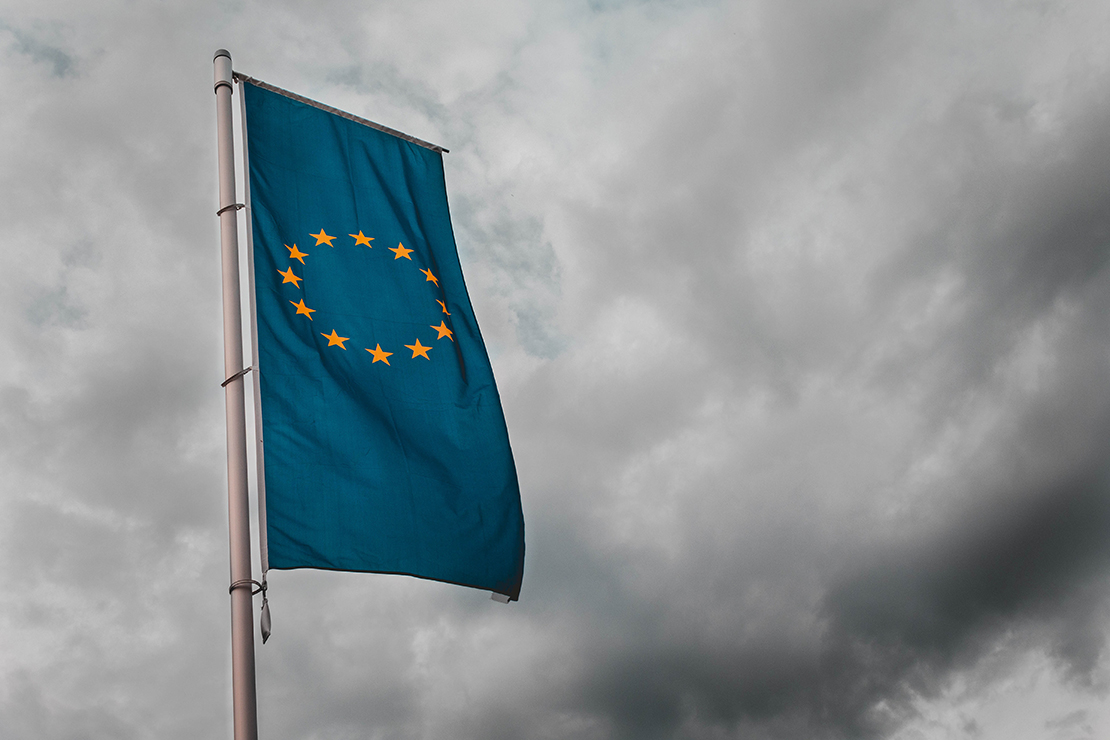European Parliament Elections and Kosovo: Signs of a Long-Term Threat
July 20, 2014
Last month, the citizens of the European Union went to the polls to vote for the next members of the European Parliament. Given the EU’s overwhelming presence and importance to Kosovo, these elections are an important indicator for Kosovo’s future. The European Parliament has been more supportive of Kosovo than any other body in the EU the past five years. However, the changing membership of the parliament, with rising Euroskepticism and anemic turnout, has undermined the legitimacy of the EU and improved the fortunes of several parties hostile to Kosovo. French Prime Minister Manuel Valls labeled these shifts an “earthquake” under the foundations of the European Union and they must be given context to determine what they mean for Kosovo. This paper seeks to give the context needed for these elections. While European politicians speak of earthquakes and Euroskeptic parties are on the rise, the overwhelming majority in the European Parliament remains pro-European. With soft Euroskeptic parties, such as the Conservatives in the UK, and defecting pro-Kosovo Euroskeptic parties are added to this overwhelming majority minus its non-recognizing members, the European Parliament’s pro-Kosovo stance will not change. It is this group that will determine Kosovo’s future on the important issues that affect Kosovo and must be decided in the European Parliament. This Parliament will determine the College of Commissioners, nominating a new High Representative and Enlargement Commissioner, the officials that manage the Kosovo-Serbia Dialogue and the Enlargement Directorate of the Commission respectively. This Parliament must also assent to the final SAA between the EU and Kosovo, as well as to visa liberalization. Whether the European elections will affect how individuals vote on these matters is yet to be determined, but Kosovo should remain confident that, if parties have not been scared away by the results of the election, these measures should pass with ease, as should resolutions in the parliament in Kosovo’s favor. While more MEPs will speak out against Kosovo in the Parliament, this will hardly be a change from the past five years that have seen leftist and nationalist parties give token resistance. Thus, in the short term, problems for Kosovo with these rising Euroskeptic parties in the Parliament should be minimal and greater attention should be paid to the long-established parties that must consider a new Commission. It is the long-term implications that should worry Kosovo’s government and pro-European population. If the elections showed anything, it showed that the European project is losing legitimacy and alienating its citizens. The EU is facing a grave threat from its inability to prove its democratic credentials to citizens reconsidering whether the EU is worth the effort put into it. Long-term planning in Kosovo must prepare for the contingency that the EU will break up. This paper is not predicting that the EU will break up or even saying its probable it will break up. Euroskeptic parties have risen and fallen before in the EU and some of the parties that gained from these elections have reached these heights before, only to crash due to their inability to meet expectations or their more putrid ideological markers. However, the Euroskeptic threat is widespread and could damage the European project. A responsible government must plan to build a democratic, prosperous Kosovo whether there is a European Union or not.
European Parliament Elections and Kosovo: Signs of a Long-Term Threat

 Download PDF
20/07/2014
Download PDF
20/07/2014Share article
Latest Publications
April 24, 2024
Policy Analysis
Tracking Kosovo's Commitment: Monitoring Adherence to the Venice Commission Rule of Law Checklist in ...
April 8, 2024
Policy Analysis
Reflecting on the Third Year of Kurti II: Setbacks and Achievements in Rule of Law, Public Administr ...
March 22, 2024
Policy Analysis
Lost, “in the Twilight Zone” Rebutting the Court’s Blunder
Related Espresso Insights
March 4, 2024
Espresso.Insights
Passport Hangover: What’s next after Spain’s Kosovo breakthrough?

January 16, 2023
Espresso.Insights
Recognized but not supported: Hungary's stance on Kosovo's EU bid




